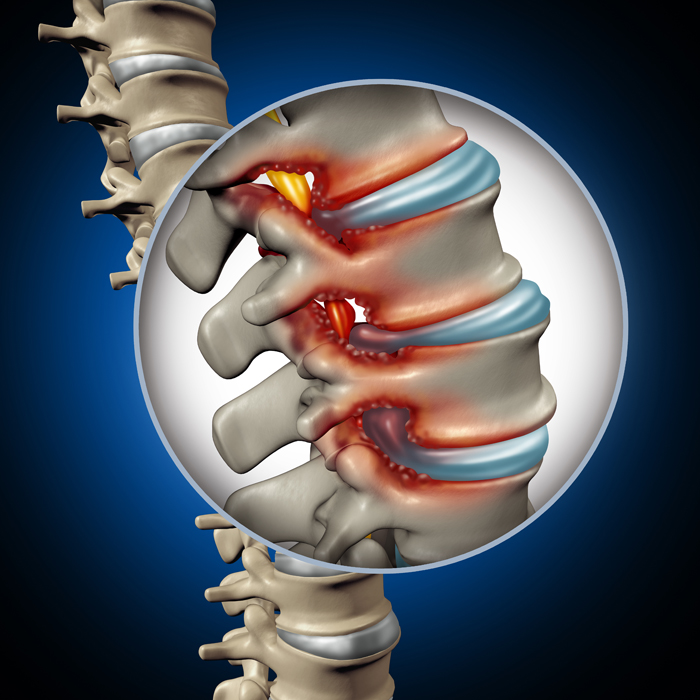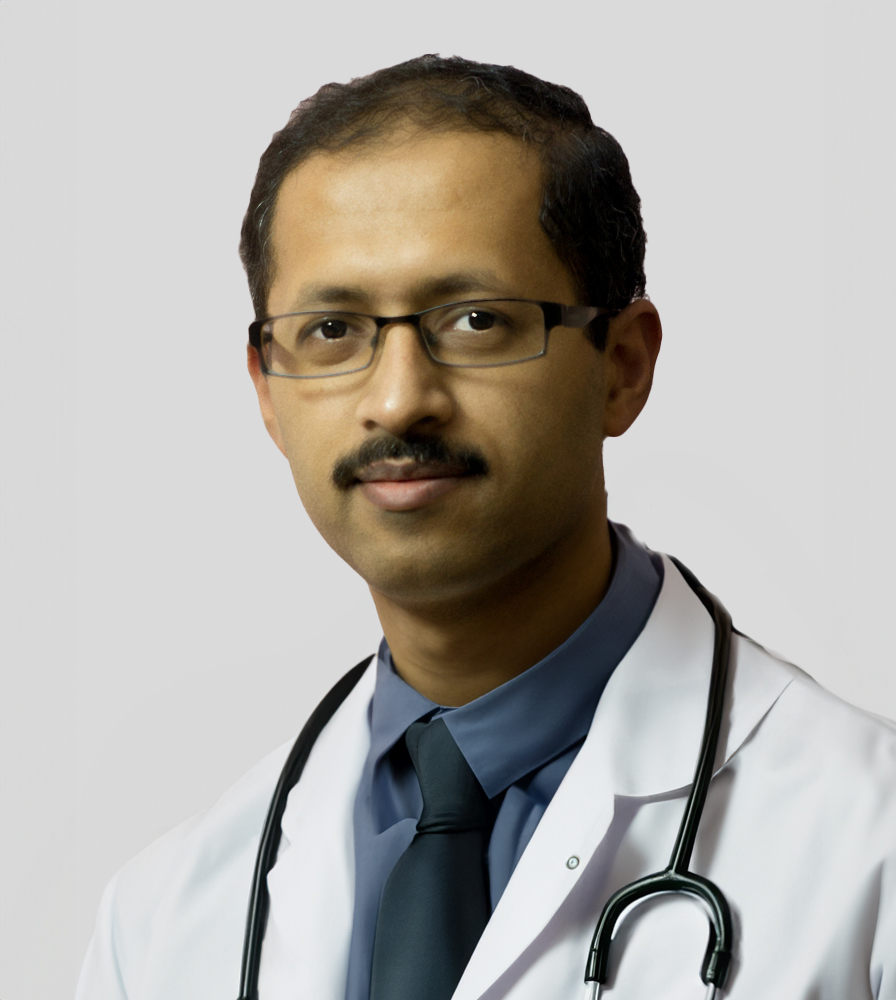Spinal Stenosis Treatment in Koramangala, Bangalore
Spinal stenosis is a common condition that is characterized by the narrowing of the spinal canal. Spinal stenosis can exert pressure on the nerves in the spine. This condition mostly affects your lower back and neck.
You can consult spinal stenosis doctors in Koramangala for diagnosis and treatment.

What do we need to know about spinal stenosis?
Spinal stenosis is generally a result of the wear and tear in your spine. It may also be related to osteoarthritis. It is a serious condition that may lead to permanent complications, if left unattended. To learn more, seek guidance from a spinal stenosis specialist in Bangalore.
What are the symptoms of spinal stenosis?
Many people may not even know that they are affected by this condition as symptoms may not show up. When they occur eventually, they start mildly and progress to a severe condition. Signs and symptoms of spinal stenosis depend on the location of the affected nerves.
Cervical spinal stenosis (neck)
Symptoms of cervical stenosis are:
- Neck pain
- Numbness and tingling in one or all of your limbs
- Weakness
- Walking and balance problems
- Bowel and bladder dysfunction (severe cases)
Lumbar spinal stenosis (lower back)
- Back pain
- Numbness in your lower limbs
- Pain and cramping in your legs after walking, standing too long, running, etc.
What causes spinal stenosis?
When bones get bigger and spinal tissues get thicker, usually as a result of aging, they may compress the nerves leading to spinal stenosis. Sometimes, other health conditions may contribute to this condition. They are:
- Achondroplasia: This is a condition that interferes with the formation of bones in your spine. It is a genetic disorder that can lead to spinal stenosis.
- Congenital spinal stenosis: This condition is defined as spinal stenosis that developed in your body as a birth defect.
- Osteoarthritis: Osteoarthritis causes the cartilage that supports joints to deteriorate. It may also cause bone spurs in the spine. This may lead to spinal stenosis.
- Scoliosis: Scoliosis is the abnormal curvature of the spine that is usually a result of a genetic condition or neurological disorders. Scoliosis may lead to spinal stenosis.
- Spinal injuries: Injuries and trauma to the spine such as slipped disks and spinal fractures may cause bone fragments to exert pressure on the surrounding nerves.
- Spinal tumors: Malignant or non-malignant tumors that grow in the spine may trigger inflammation, apply pressure on your nerves and lead to spinal stenosis.
If you are unable to identify the cause of your condition, seek advice from a spinal stenosis hospital in Bangalore.
When do you need to consult a doctor?
If you experience one or more of the symptoms mentioned above, visit a medical professional immediately.
You can request an appointment at Apollo Spectra Hospitals, Koramangala, Bangalore.
Call 1860 500 2244 to book an appointment.
What are the risk factors of spinal stenosis?
Some of the risk factors are as follows:
- Age
- Trauma to the spine
- Spinal deformity
- Slipped disks
- Genetic diseases involving the spine
How is spinal stenosis diagnosed?
A spinal stenosis doctor in Koramangala will perform the following tests to diagnose spinal stenosis:
- A physical exam to observe your movements
- An imaging test (X-ray, CT or MRI scan) to view your spine
- Electromyogram to monitor the health of the nerves in your spine
- A bone scan to look for damage in your spine
How is spinal stenosis treated?
Spinal stenosis can be treated in the following ways:
- Medication:Cortisone injections into your spinal cord will be the first line of defense against spinal stenosis. This may reduce swelling. Non-steroidal, anti-inflammatory drugs can give you relief from pain.
- Surgery: If your condition is severe, your doctor may recommend spinal surgery. Surgical procedures used to treat spinal stenosis are:
- Laminectomy
- Foraminotomy
- Spinal fusion
How do you manage the pain from spinal stenosis?
Here are some ways of managing the pain from spinal stenosis:
- Ice treatments: Icing your lower back and neck can ease your pain. Ice numbs the area and helps you get temporary relief.
- Heat therapy: Applying heat over the tight muscles in your lower back or neck can relax them and provide relief from pain. It stimulates blood flow and accelerates healing.
- Topical creams: You can use a pain reliever.
- Massage: Massaging the area of pain can help in relaxing the muscles that are tight and sore. Consult a medical professional before trying massage therapy.
Conclusion
As most people with spinal stenosis lead full and happy lives, you need not worry if you are diagnosed with it. Opting for timely treatments and altering your lifestyle to suit your condition can control your symptoms and ease your pain.
Rarely. A severe case of spinal stenosis may result in the following permanent effects on your body, especially if left untreated:
- Balance problems
- Weakness and numbness
- Incontinence
- Paralysis
Yes, the chances of developing spinal stenosis increases with age.
Walking and exercising in general can be beneficial to a patient with spinal stenosis. However, walking too much can sometimes trigger your symptoms. In such a case, choose another way of staying active.
Symptoms
Our Doctors
DR. MURALIDHAR T S
MBBS, MD (Anaesthesi...
| Experience | : | 25 Yeras Experience |
|---|---|---|
| Speciality | : | Pain Management... | Location | : | Koramangala |
| Timings | : | Available by prior a... |
DR. SHRUTI BACHALLI
MBBS, MD (Anaesthesi...
| Experience | : | 16 Yeras Experience |
|---|---|---|
| Speciality | : | Pain Management... | Location | : | Koramangala |
| Timings | : | Available by prior a... |
Our Top Specialities
NOTICE BOARD
CONTACT US
CONTACT US
 Book Appointment
Book Appointment




.svg)
.svg)
.svg)
.svg)








